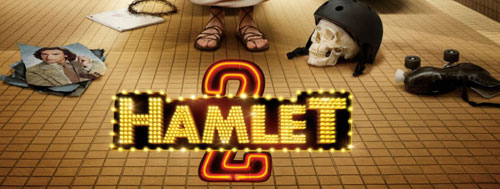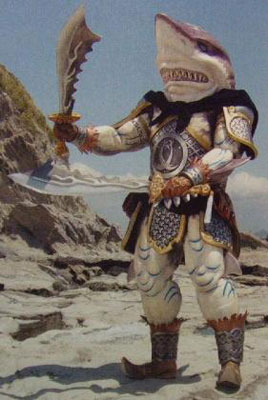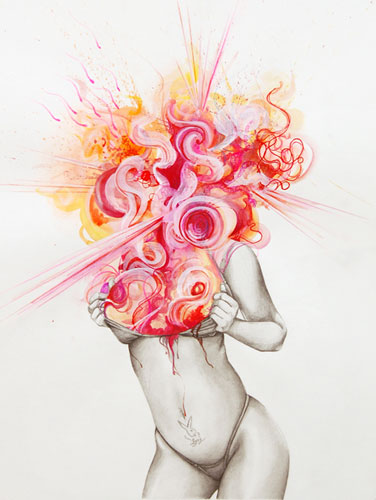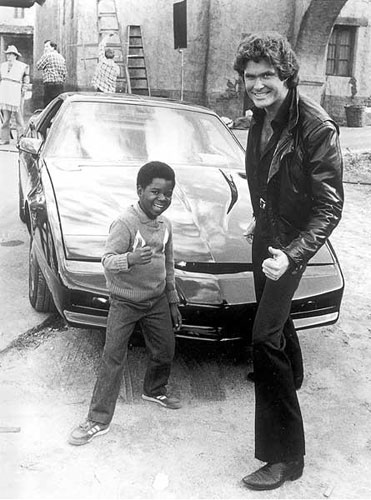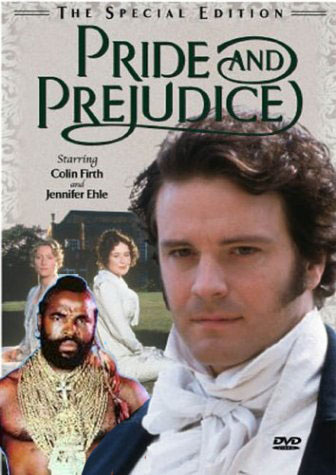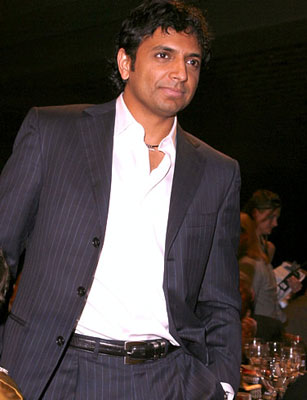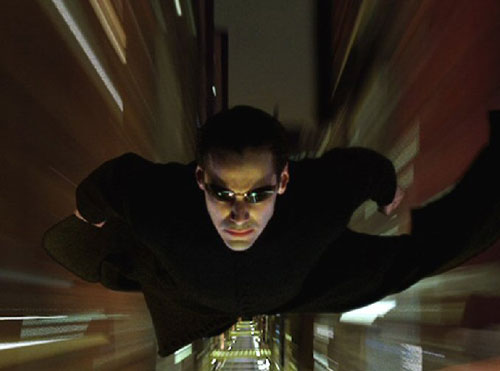5 Kickass Lessons Books Could Learn from the Movies
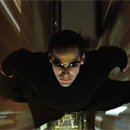
So there's a Swedish man named John David California in the news lately, who is currently being sued by J.D. Salinger. For those of you unfamiliar, this story is notable because Salinger is the Literary Sasquatch: He's so elusive you could pose children with a cardboard cut-out of him and start a roadside attraction. So what made contemporary literature's most eminent ninja emerge from the mists of obscurity? It seems Mr. California wrote a sequel to Salinger's opus work, The Catcher in the Rye... without Salinger's permission. Some would call this revolutionary, some would call it sacrilege and some would call it uninteresting and largely irrelevant, but regardless of the name with which you dub it, this represents a potential turning point for modern literature: The novel is finally borrowing some moves from film, and it's about goddamn time. So as long as we're at it, I thought I'd outline some other ways that the novel can take a page from movies!
THE SEQUEL
"...all right, your motivation is that you've inadvertently lost your soul to corruption, and so now you're going to bite James Caan in half."
Sequels are like a license to print small bills just so you can spit on them and throw them at poor people. If publishers take up this practice as well, think of all the great works we could be reading right now! We could be perusing the action-packed Dickensian sequel we've all wanted to read, 2 Cities 2 Furious. Or laughing it up to The Retard, the light-hearted follow-up to Dostoyevsky's The Idiot. Hell, that Swede already called dibs on Catcher in the Rye 2: Rye Harder --if he's smart enough to throw some titties in there and maybe have Holden Caulfield learn magic from a vampire, he'll have officially won writing.EXPLOSIONS
Nobody does explosions like big budget films... because nobody fucking tries!Sexplosion.
See that? I don't know whether to cum or punch somebody. I feel like I just high-fived an orgasm. You write a whole book of that stuff, and all of a sudden maybe reading's not just for queers anymore (or especially for queers, depending on your demographic).SUSPENSEFUL MUSIC
This one's easy: You've probably seen Spielberg's classic horror film, Jaws, right? Have you ever tried watching it on mute? Without his titular theme song, Jaws (that's the shark's name) doesn't look ominous; he looks lost. When seen in utter silence, Jaws isn't scary. It watches more like the tragic story of a shark with autism just trying to find his way home."Have you seen mommy? I WANT MOMMY WANT MOMMY MOAOAOAAAA" -Autistic Jaws
Now, I know books have their limitations and you can't exactly embed a soundtrack, but there are options. For example, you could just list a song for people to listen to as they read along. Here's a bit of Shakespeare's HamletCELEBRITY CAMEOS
Listen, don't repeat this, because I don't think anybody has fully realized it yet: When you're writing a book, you can write anybody! Even famous people! Why not throw some celebrity cameos in there? The audience loves that stuff! You could have Mel Gibson appear as Mad Max in The Canterbury TalesSLOW MOTION
Slow motion is awesome. Whether you're walking away from an explosion, or just jumping a school bus over a robot; slow motion makes everything take an appreciably radical amount of time. Now, you could argue that the one thing books have over movies is the pacing: You can always read at your own pace, right? Well, yeah, but that means you have to do stuff! Fuck that! A good director does everything for you, leaving absolutely no room for confusion. Good movies have characters sum up, in astoundingly simple terms, the entire plot at the end of the movie. If there's a twist, it usually takes 20 minutes of montage to show you exactly why it's a twist, and how. Hell, truly great movies will even have one of the characters say the title of the movie in dialogue, just so you know why a movie is called that, or indeed, simply to remind you of what movie you're actually watching. So why do we have to do things like mentally pace a scene while reading?The best director in the world... according to the above criteria.
A good author could take a cue from the movies and draw a passage out in slow motion when something's particularly awesome. For example, here's what the Matrix could be like, in novel form: "Whoa," said Neo, his black trenchcoat flapping at a perfectly reasonable speed in the wind, "this is the Matrix and I can jumpkick for like a day and a half." "Yes," said Trinity, "I am wearing black leather that makes me look hotter than I actually am, and I too can kick for hours." "What's that? AN AGENT WHO IS A BAD GUY!" Neo gets a running start towards the sinister agent--who you can tell is sinister because he's wearing a suit. He takes a step, and then another and another. Now there's another step. Now it's only half a step, and he starts to lift off the ground just a little bit. Now he's kind of in the air but not really. Now he's more in the air. Now he's totallyThe sunglasses are a metaphor for our caged emotions, the coat is a metaphor for our trailing ambition, and the flying is just because flying is awesome.
You can thank me later for saving the written word, English Literature. I accept payment in Gin and hot female grad students who are easily impressed by manifestos about socialism (I googled some stuff). Redheads and Seagram's, if you've got 'em.Find Robert on Twitter, Facebook and his own site, I Fight Robots, where he will gladly critique your thesis if you know what I'm sayin'.
